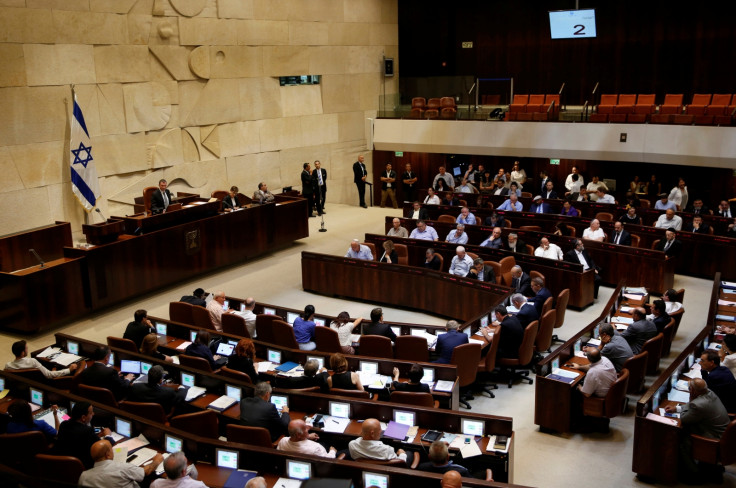Israel imposes curbs on human rights groups that receive foreign funding
Israeli parliament passes law targeting liberal rights groups.

Israel has enacted a new law imposing stricter controls on human rights organisations in the country that rely on foreign funding. The groups will now have to mention in all their communication with public officials, as well as on television, newspapers and advertisements that they depend on international financing.
After an intense debate between the government and liberal activists, the law was approved by a vote of 57 to 48 in the Israeli parliament. The law applies to organisations that receive more than half their funding from international governments or political groups.
However, organisations that function based on donations from wealthy private individuals or philanthropists are free from disclosing their identities as they are not included in the new regulation. State media reported that most such groups are identified with the left.
The move has been dubbed as controversial and is said to impact a large number of liberal groups, the Associated Press reported.
Israel's Prime Minister Benjamin Netanyahu expressed his strong support for the legislation and defended his government's action. He said the law only calls for transparency and to keep the public informed about the role of foreign governments in donating funds to human rights groups.
Opponents have slammed the law terming it anti-democratic and targeting liberals who have criticised the government's policies towards Palestinians. Nachman Shai from the opposition Zionist Union party said: "We will pay for this damage for many generations."
Robert Ilatov, a lawmaker whose party allied with the government, said he decided to co-sponsor the law because "intervention in Israel's internal affairs is not acceptable".
The representatives of the liberal human rights groups are also required to mention about receiving funds from abroad to the heads of parliamentary committees when they participate in meetings. Those found breaching the law will have to pay hefty fines.
Activist groups have said they would challenge the law in the country's Supreme Court.
© Copyright IBTimes 2024. All rights reserved.





